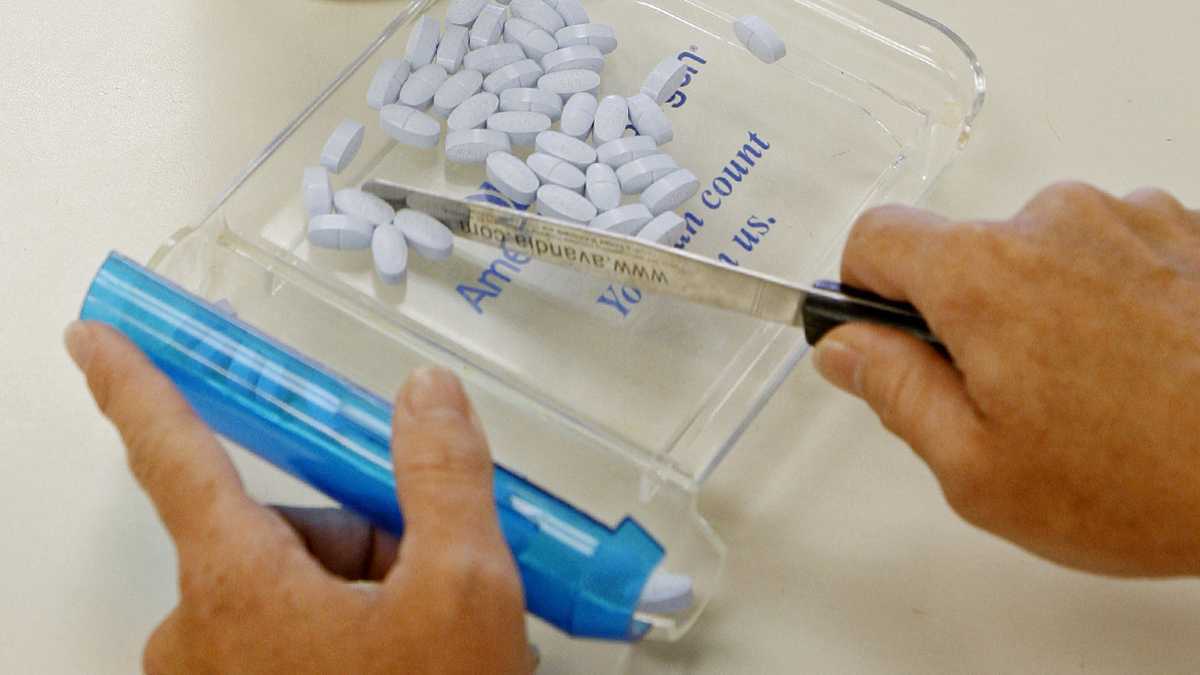N.J. bill addressing opioid crisis would require acceptance of medication-assisted treatment

(AP Photo, file)
New Jersey legislators are considering a bill that eases the use of medications in addiction treatment as the state continues to battle an opioid crisis.
The bill would prohibit the state’s residential treatment facilities from refusing to admit people who are using medication-assisted treatment. That includes transitional recovery homes like halfway houses, which treatment providers in the state said sometimes bar patients who take these medications to help them stay off heroin and other dangerous opioids.
“There are a limited number of sober living and halfway houses available,” said Stacy Dutka, an alcohol and drug counselor at St. Clare’s Behavioral Health in Boonton Township, New Jersey. “When you finally find a place that has a bed, and the only disqualifying criteria is that medication, it becomes very difficult.”
Medications like methadone and suboxone are used to reduce withdrawal symptoms and block the high sought by people addicted to opioids. A growing body of research finds that medication-assisted treatment, which also includes counseling and therapy, is safe and more effective than regimens that leave out the medications.
Joshua Lee, an addiction researcher and associate professor at New York University School of Medicine, said studies have shown that the medications can roughly double the rate of people who don’t relapse in the first year after beginning treatment.
“With that comes, we think, lower overdose rates,” Lee said.
But the medications are themselves opioid drugs, and there is a lingering stigma around using them in some treatment centers that ascribe to traditional 12-step programs, which urge total abstinence.
“The stigma associated with the person that’s using the medication-assisted treatment is that they’re not completely drug-free,” said Robert Budsock, the President and CEO of Integrity House, a provider of addiction treatment services in northern New Jersey.
Besides the stigma, both Budsock and Dutka said there’s another reason why some recovery programs may be uncomfortable about serving residents who are taking the medications: they may not have the necessary skills or training for it. Like other opioids, methadone and suboxone have the potential for abuse.
Therefore, “what a lot of treatment programs like to do is really closely monitor the dosage,” Dutka said.
Budsock said he was hopeful that the new bill, which was passed by the state Senate last week in a near-unanimous vote, would expand opportunities for people to receive appropriate care in New Jersey. But attitudes would also need to change, he said.
“In the treatment community it’s taking us some time to gain acceptance that medication assisted treatment is really effective, and that it is saving lives,” Budsock said. “That culture is still evolving in the state of New Jersey.”
WHYY is your source for fact-based, in-depth journalism and information. As a nonprofit organization, we rely on financial support from readers like you. Please give today.

